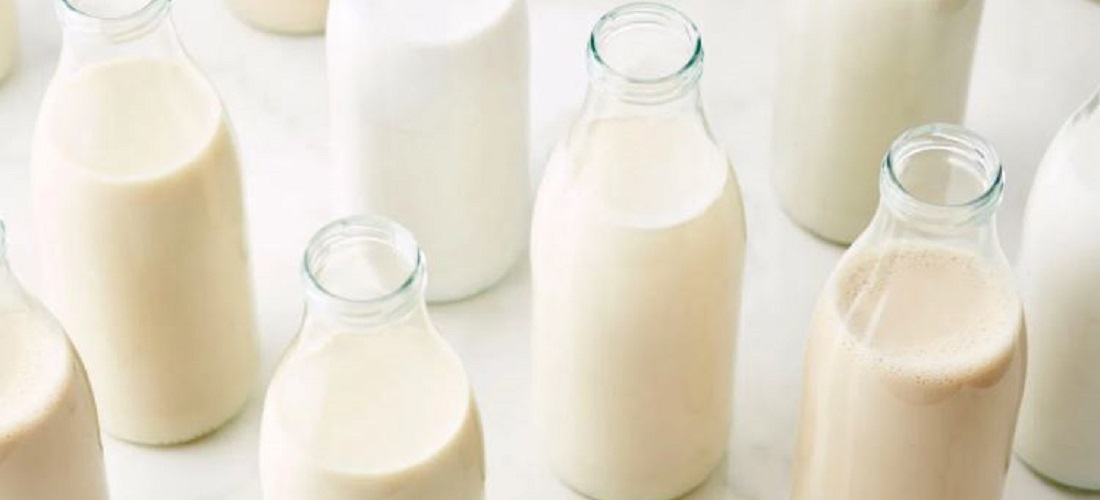
Dairy market dynamics favor Brazilian exports
Mar, 22, 2022 Posted by Gabriel MalheirosWeek 202212
The world is consuming more dairy, and, at the same time, milk supply is falling on farms. A recent study by consultancy Milkpoint Mercado, based on data by the United States Department of Agriculture (USDA), points out that consumption grew 4.4% between 2019 and 2021, while production rose only 2.1% in the same period. As a result, global whole-milk powder inventories totaled 319,000 tonnes at the start of 2022 – the lowest level in at least nine years.
With more scarce global raw material supplies and favorable international prices, the time is ripe for non-suppliers to expand their international sales. That is the case for Brazil. Even though the country has produced less milk in the countryside as a result of the drought that has affected pastures in the south, the domestic market is sluggish as a result of the population’s loss of purchasing power.
This picture paints a portrait that encourages companies to look more closely at other locations. Embaré, which announced a merger with Betânia, and the Brazilian branch of the French company Lactalis are examples of firms attentive to global numbers.
Low inventories and lower supply have been boosting international dairy prices. “The scenario of sturdy prices should last all year long,” commented Valter Galan and Maria das Graças Franchini, who authored Milkpoint Mercado’s analysis.
On the 15th, a ton of powdered milk was traded on the Global Dairy Trade (GDT) platform for US$ 4,600 (average value). Fonterra, a New Zealand cooperative that leads global dairy exports, founded GDT, and once a month, negotiations take place through this platform, which players at the market closely monitor. The ton was sold for around $4,000 a year ago.
According to the consultancy, the average price of a ton of whole milk powder was US$ 2,900 in 2020 and US$ 3,600 last year. In 2020, the average cost per ton of whole milk powder was US$ 2,900, up from US$ 3,600 last year. Lower production on the farms of large exporters such as Europe, New Zealand, the United States, Argentina, and Uruguay resulted in a slender global supply, affecting international prices.
Rising costs and drought
According to Otávio de Farias, senior manager of New Business at Embaré, the dry climate and increased energy and input costs (grains and fertilizers) hindered production. Given the circumstances, which include a slowing domestic market in Brazil, the company began exporting “growing volumes” to Africa and the Middle East, he claims.
Farias does not provide volume information but says that Embaré expected to reach March this year, having increased exports by 100% or 200% in the previous twelve months.
Lactalis is also using the moment to expand exports from Brazil. The company’s branch in the South American country has been selling to the foreign market for three years. “The idea is to transform Brazil into an intercompany hub export,” says Guilherme Portella, director of External Communication, Regulatory and Corporate Affairs at the Lactalis Brazil.
The company is also present in neighboring countries that are important milk producers, such as Uruguay and Argentina. However, the Brazilian operation has the greatest industrial capacity, especially after the company’s latest acquisitions, such as Itambé, says Portella.
Currently, Lactalis Brasil ships the equivalent of more than 50 million liters of milk to 17 countries; the volume of shipments grew 133% between 2020 and 2021. The company exports global brands in its portfolio, not just commodity powdered milk. Altogether, it sells 15 “families” of items to the foreign market, including Président and Parmalat.
According to Portella, the current scenario drives the hub project. The executive also assesses that Brazil needs to strengthen exports in the segment to have a more stable domestic market. When the external base is solid, he concludes that businesses gain balance in times of challenging domestic market.
Source: Valor Econômico
To read the full original article, please, go to:
-
Other Logistics
Jan, 20, 2019
0
ANTT publishes the final report for the Ferrogrão Railway concession
-
Meat
Mar, 31, 2025
0
JBS to Invest $100 Million in Two New Plants in Vietnam
-
Economy
Mar, 08, 2024
0
Exports in Brazilian currency to Mercosur countries grow 21.2%
-
Automotive
Oct, 25, 2024
0
Brazil’s BYD Factory Launch Faces Delays as Equipment Awaits Tariff Exemption Decision

